Lost and Found BirdsOntario, Canadabirds@lostandfoundbirds.ca |
 |
BIRDS DIE FROM |
| Note: This website contains links to third party websites and other content on the Internet for informational purposes only. We cannot control these third party links or the content found within them and are not responsible for the content of these sites. The inclusion of any links to such third party websites does not constitute or imply any recommendation, approval, or endorsement of these websites. | ||||||
|
Self-Cleaning Ovens and Non-Stick Cookware Cleaning Products Other Air Toxins Pesticides/Traps Other Pets/People Open Water and other Household Hazards Renovations Bird Escapes Bird Products Food Plants Other Lists of Dangers | |||||
BIRDS DIE FROMSome things listed kill birds instantly, others may happen over years. | ||||||
Sick Birds | ||||||
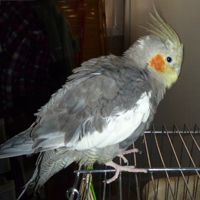 |
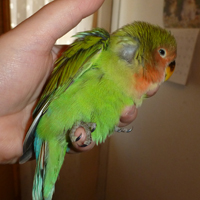 |
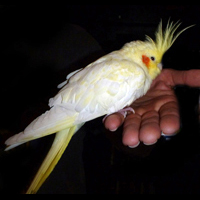 |
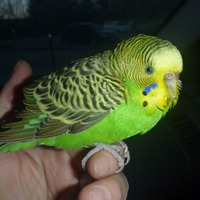 |
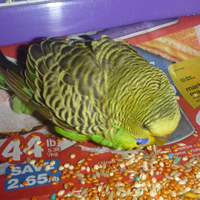 |
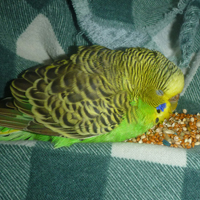 |
|
| Sick with Bacterial InfectionBright Yellow Poop | Sick from Not EatingBlack Poop | Found outside on the ground, fluffy and tired | Weak, Fluffy, Light-weight and Tired Needs Heat and Electrolytes ASAP and Electrolytes under the skin at Vet. |
|||
| Birds don't show symptoms of illness until the very end. If you pick up a bird from the sidewalk, and it doesn't fly away, chances are you've got a very sick bird that needs vet care ASAP. Some of the birds above passed away in their sleep after the photos. | ||||||
| If you pick up one of these birds, or have a bird tired and fluffy and not acting normal, take it to the vet ASAP as it probably won't live until tomorrow. | ||||||
| Also see our Medical Page and other Symptoms of Sick birds at Pet Education | ||||||
Non-Stick Cookware Fumes = INSTANT DEATH | ||||||
 |
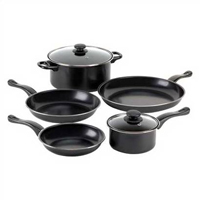 |
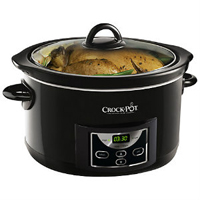 |
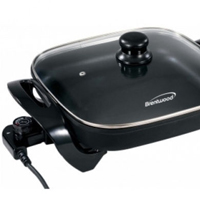 |
 |
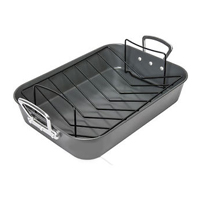 |
|
| Self-cleaning Oven | Non-Stick Cookware | Non-Stick Crock Pot | Non-Stick Electric Frying Pan | Non-Stick Cupcake Tin | Non-stick Roaster | |
| Non-Stick Cookware and Self-Cleaning or Non-Stick Ovens are made with PFOA and PTFE. When this material comes to the surface, through a scratch or overheating, it will instantly kill your birds. Look for PFOA-free and PTFE-free Ceramic-coated cookware instead. | ||||||
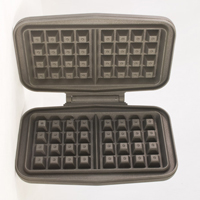 |
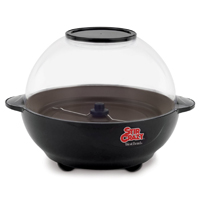 |
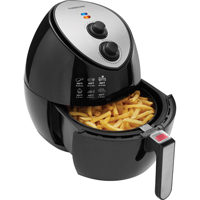 |
Cedar Plank: Not teflon, but worth mentioning around cooking appliances. Cedar is toxic to birds and cooking fish on a Cedar Plank may kill your bird instantly. | 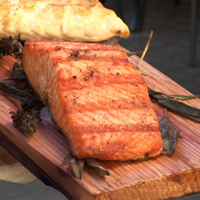 |
||
| Non-stick Waffle Iron | Popcorn Popper | Air Fryer | Cedar Plank | |||
| "Some ironing board covers, irons and other heating appliances such as heating lamps, electric heaters, hair dryers, curling iron, griddles, waffle irons, popcorn makers, roasters also have the same compound PTFE (like Teflon) on some of their parts. Do not iron in the same room as your birds. Also, when you buy electrical appliances which use heat, check labels very carefully and if still in doubt, contact the manufacturer. I ran across one post which states "PTFE-treated burner liners or bibs on your range are dangerous with normal usage. One such bib under a burner set on high can kill all the birds in your home" source. In general, it is good to do a check of appliances in your home already. The fact that nothing has happened may simply mean that the conditions were not right so far. But your birds could be in danger."- ifyouloveyourbirds | ||||||
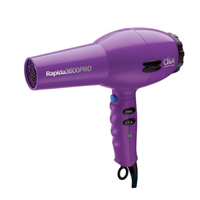 |
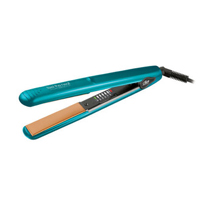 |
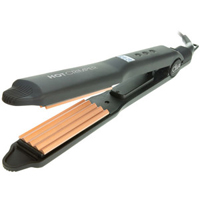 |
 |
|||
| Teflon Hair Dryer | Teflon Hair Straightener | Teflon Hair Crimper | Teflon Iron | |||
| Why Teflon in Hair Stylers? | ||||||
| "Teflon ceramic coated plates: Found mainly with Remington hair straighteners, the Teflon coating helps your hair to glide through the plates without getting caught or snagged. If you use hair care products when styling your hair, the Teflon will also prevent a buildup of product on the plates. Diamond and Teflon ceramic plates: This type of hair straightener uses diamond, which allows for a 75% smoother glide through the plates. It also offers an improved, even heat application." Walmart.com | ||||||
| Learn more about Self-Cleaning Ovens and Non-stick Cookware: | ||||||
| Self-cleaning ovens can kill small pets | ||||||
| Grim Reality of Self-Cleaning Ovens for Parrots | ||||||
| Self-Cleaning Ovens-Toxic for Humans or Only Birds? | ||||||
| Teflon Toxicity in Birds: Signs and Prevention | ||||||
| Birds and Self Cleaning Ovens | ||||||
| Silent Killer of Birds-PTFE Fumes | ||||||
| Teflon Warnings | ||||||
| Harmful Teflon Chemical To Be Eliminated by 2015 | ||||||
| Teflon in Food Packaging too? | ||||||
 | ||||||
| Microwave Popcorn | ||||||
| Learn more about Microwave Popcorn and other Packaging: | ||||||
| "Just the popcorn, please - No Teflon chemicals for me" | ||||||
| ConAgra[Orville Redenbacher popcorn] keeps admitting and denying it uses Teflon chemicals | ||||||
| Pizza boxes and chip bags may cause breast cancer | ||||||
| Compound in Teflon may cause cancer | ||||||
CLEANING PRODUCTSAny harsh chemical in the air can irritate or burn the skin, eyes and respiratory tracts of birds when used in theie air space. Vinegar is the preferred cleaner for bird cages and food/water dishes. Bleach should only be used when cleaning a cage that was acquired used or by a sick bird. The fumes from the bleach should not be used around the bird, and using hot water with bleach causes more fumes, so use warm water instead. If you use any cleaner, keep windows open. Don't use any carpet cleaner or Febreze near the birds. Any time you are spraying a chemical, the birds are at risk. | ||||||
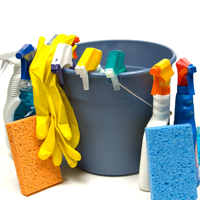 |
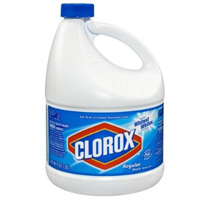 |
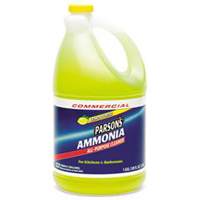 |
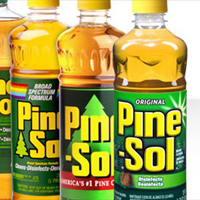 |
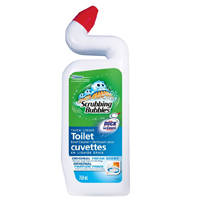 |
 |
|
| Cleaning Products | Bleach | Ammonia | Pine Oil Cleaner | Toilet Cleaner | Soap | |
 |
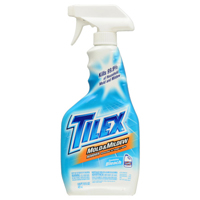 |
 |
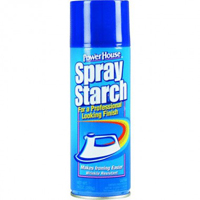 |
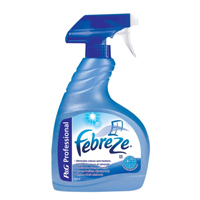 |
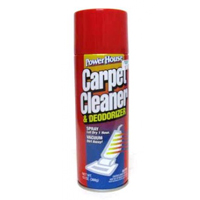 | |
| Furniture Polish | Mold and Mildew Cleaner | Laundry Detergent | Spray Starch | Febreze | Carpet Cleaner | |
| Learn more about Cleaning Products: | ||||||
| Safe Cleaning Solutions To Use Around Birds | ||||||
Other Air ToxinsAny harsh chemical or smoke in the air can irritate or burn the skin, eyes and respiratory tracts of birds when used in theie air space. Some can kill them. | ||||||
 |
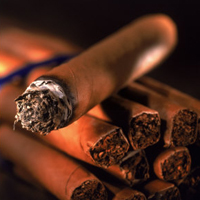 |
 |
 |
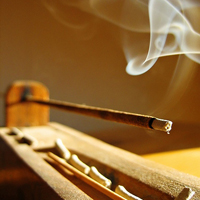 |
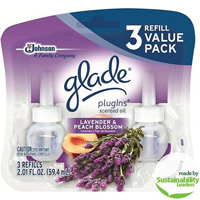 | |
| Cigarette Smoke | Cigar Smoke | Marijuana Smoke | Candles | Incense | Room Deodorizers/Plug-ins | |
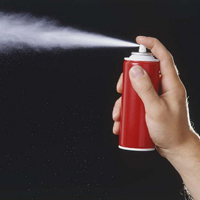 |
 |
 |
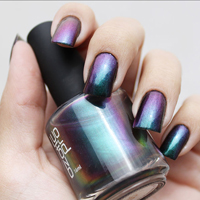 |
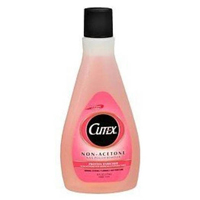 |
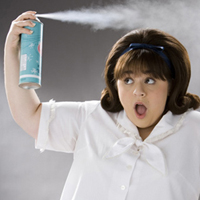 |
|
| Aerosols | Perfume/Cologne | Deodorant Sprays | Nail Polish | Nail Polish Remover | Hair Spray | |
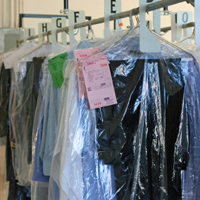 |
 |
|||||
| Dry-Cleaning: Toxic Chemicals are used in the process. Air out the laundry before bringing it into the house. | Cooking fish on a Cedar Plank can kill your birds instantly. | |||||
| Articles about Smoking around Birds: | ||||||
| Smoking Around Your Birds | ||||||
| Tobacco, Secondhand Smoke, and Pets | ||||||
Pesticides/TrapsPoisons can kill birds. Some pesticides used on food are made to kill pest-birds in some countries. Always wash all produce carefully. | ||||||
 |
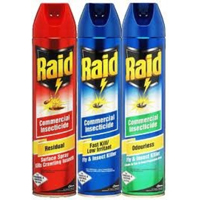 |
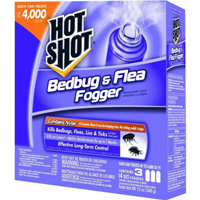 |
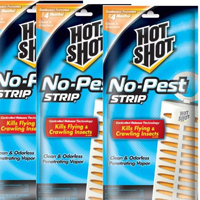 |
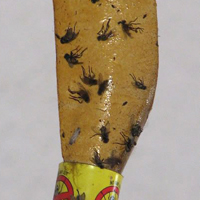 |
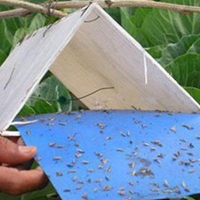 |
|
| Mosquitos can carry the West Nile Virus that kills birds. You may be able to have your bird vaccinated. | Spray Insecticide | Insect Fogger | No Pest Strips | Sticky Fly Trap | Sticky Insect Tent | |
 |
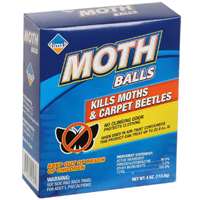 |
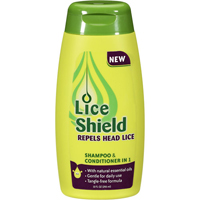 |
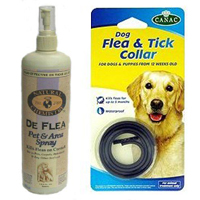 |
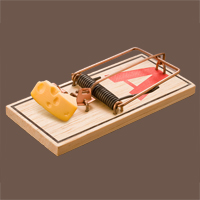 |
||
| Fresh Fruits and Vegetables can be sprayed with Pesticides | Moth Balls | Lice Shampoo | Flea Spray and Flea Collars | Mouse Trap | ||
| Learn more about Pesticides on Our Foods: | ||||||
| PARROTS, PRODUCE & PESTICIDES | ||||||
| Illegal Pesticides in the U.S. Food Supply | ||||||
| Safe Cleaning & Pest Control | ||||||
| Feeding Organic Foods Affordably | ||||||
| West Nile Virus: What You Must Know for your Bird's Sake | ||||||
| West Nile Virus Infections in Psittacine Birds | ||||||
Other Pets/PeopleOther pets can kill your bird. Cats are especially bad because birds are their prey, and their saliva is toxic. If a bird is bitten by a cat, it needs to get antibiotics from a vet ASAP or will die within 24 hrs. Dogs may swat the bird with the paw, not realizing their strength. | ||||||
 |
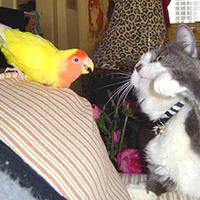 |
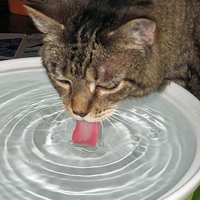 |
 |
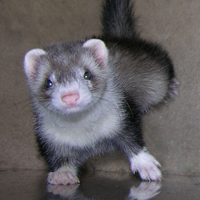 |
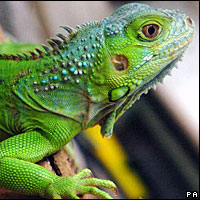 |
|
| Other Pets/People | Cats are predators and normally eat birds. Don't leave them together unsupervised. Even a simple puncture by a tooth can result in a fatal infection. Birds have to be seen by a vet ASAP if they've been bitten to get the antibiotics or they will die within a day or two. Cat scratches can also lead to a lethal infection. | Cat saliva contains Pasteurella bacteria which is deadly to birds.Don't let birds drink or eat from the cat's dishes. | Rats: My friend's pet rat pulled her budgie into its cage and killed it. | Ferrets | Lizards | |
 |
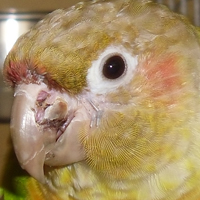 |
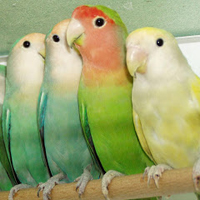 |
 |
 |
 |
|
| Dogs may crush the bird when playing.Dog saliva has bacteria that birds are not immuned to. | Bigger birds may hurt smaller birds by biting their feet or ripping beaks.They may have to be put down if no longer able to eat. | Lovebirds are known as aggressors and have ripped other birds' beaks off. | Children need to be supervised while with birds. | Kiss: Human Saliva contains pathogens that are deadly to birds. | Party: Accidents can happen:birds can be sat on or stepped on, or someone may get bitten.People may feed your bird toxic foods or alcohol not knowing better. | |
| Learn more about Birds with other Pets: | ||||||
| Beak Injuries Due To Parrot Fights | ||||||
| OF PURRS AND BIRDS | ||||||
| Cats, Dogs, Ferrets and Birds | ||||||
| Training Your Dog and Cat to be Around Your Pet Birds - SAFELY! | ||||||
Open Water and other Household Hazards | ||||||
 |
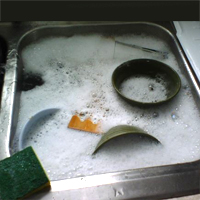 |
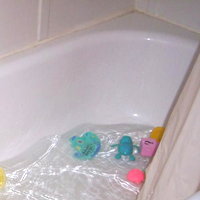 |
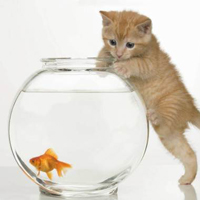 |
 |
 |
|
| Open Toilet | Sink of Water with SoapRinse off bird right away as dish soap is toxic. | Tub of Water | Open Fish Bowl or Aquarium | Dishwasher: Check for birds before you run it. | Garbage: Toxic trash or Suffocation | |
 |
 |
 |
 |
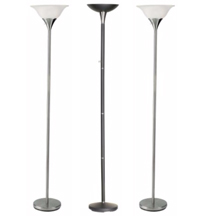 |
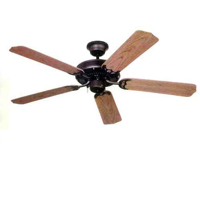 |
|
| Cooking: Put birds away when elements/oven is hot or pots of water is boiling on stove. | Windows: Crashing can cause head/beak trauma or concussion/death | Mirrors: Teach birds about mirrors by tapping their beak against it. | Wires: Any chewed wires can burn down the house.Keep wires away from birds. | Floor Lamps: Birds may land on the top, burning their feet. | Ceiling Fan: Hazard when on and moving. | |
 |
 |
 |
 |
 |
||
| Natural Gas: Possibility of Carbon Monoxide | Space Heater: Carbon Monoxide, Fire or Burns | Fireplace: Carbon Monoxide or Burns | Gold house keys (see Metals below) | Medication: Call Animal Poison Control and/or Use Activated Charcoal | ||
Renovations | ||||||
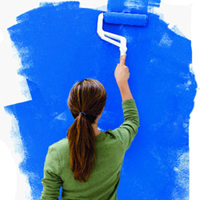 |
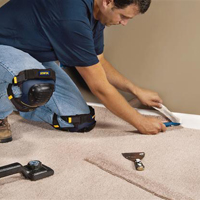 |
 |
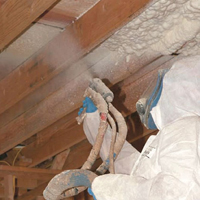 |
|||
| Fresh Paint: Board your birds elsewhere. | New Carpet, Flooring, Drapes and Furniture: Glue has dangerous toxins | Repair or service people coming for any reason should be questioned and watched for any substances that may be toxic to birds. | Polyurethane Foam sprayed in any part of the house is deadly to birds. | |||
Bird Escapes | ||||||
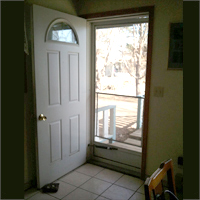 |
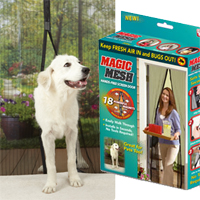 |
 |
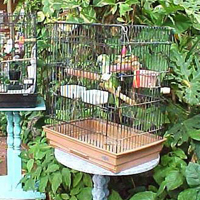 |
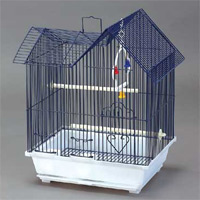 |
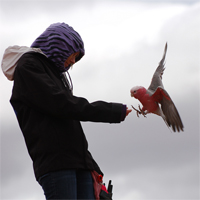 |
|
| Open Doors: Someone comes in or goes out. Birds will go toward the sunlight unexpectedly. | Magic Mesh: Prevent an Escape | Window Screen: Birds can chew the screen and escape. There are specialty screens available. | Outdoor Cage: Birds have escaped when being transported to their outdoor cage or back in. | Check any cage you take outside for easy-open doors and how easy it is for the bottom to pop off if it's knocked over. | Flight Training: Puts your bird at risk for being attacked by predators or getting lost "in the wind" and never coming home. | |
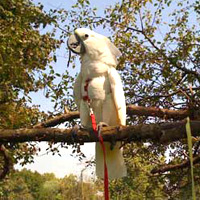 |
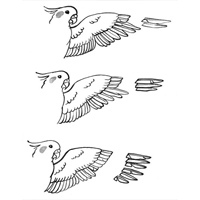 |
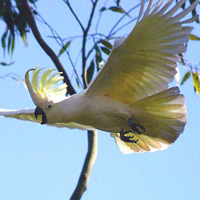 |
 |
 |
 |
|
| Harness: Check for fraying or chew-marks before taking your bird out. | Clipped Wings: They do NOT prevent escape. May slow the bird down so you can catch it. But if it gets away, it has less chance of surviving predators. Personal preference only. | Birds Fly: So many of the Lost Bird ads say the bird "got spooked" and flew away. | Thief: If your bird is left outside unsupervised, you never know who might take it. And not all people are nice. | Cats: have been known to knock over outdoor cages. Or the bird gets so distraught it has a heart attack. | Hawks: can come down and pick up a bird a few feet away from you. Keep the harness on at all times! | |
| Information about Wing Trims/ Escapes: | ||||||
| Why You May Want to Avoid Clipping Your Bird's Wings | How to Prepare for a Possible Escape? | |||||
| Should I Clip My Bird's Wings? | Strategies to Utilize when a Flighted Parrot Escapes | |||||
| WING CLIPPING: WHY, WHEN & HOW | You Just Lost a Bird...What to do? | |||||
| What do we do with those Wings? | You Just Found a Bird...What to do? | |||||
| Feather Clipping: Unnecessary and Unkind | The Great Escape | |||||
| Procedure for Correct Wing Clip | When a Bird Escapes: How to Find a Lost Bird | |||||
Dangerous Bird Products | ||||||
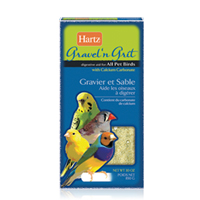 |
 |
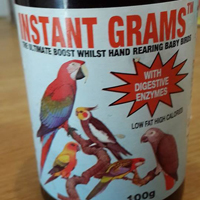 |
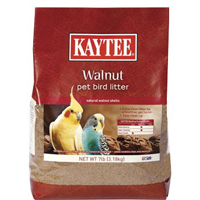 |
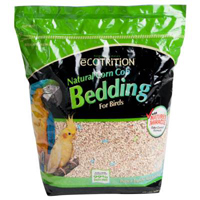 |
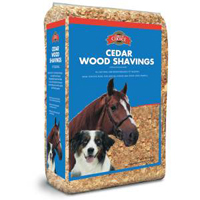 |
|
| Gravel & Grit: is not necessary for birds and can cause impaction of the digestive system. | Vitamins: If added to a pellet diet, it may be an overdose and cause health problems. | Instant Grams: Additives for formula may cause babies to go into seizures and aspiration. | Litter and Bedding: Made of Walnut shells or corn cobs can cause life-threatening impaction if ingested by birds. They also harbour fungal spores when soiled or wet. Cedar and Redwood shavings are toxic to birds and should not be used. Newspaper is safer, but only dry new paper. | |||
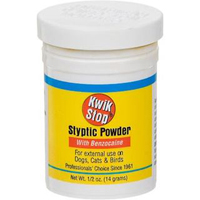 |
 |
 |
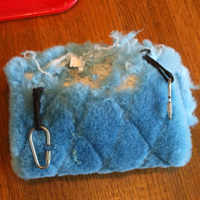 |
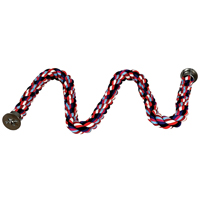 |
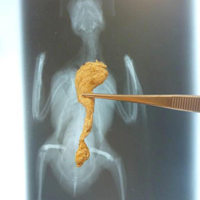 |
|
| Kwik Stop burns skin, so only use it on nails or not at all. Use Clay Cal or Corn Starch for everything else. | Toys: should be examined for safety-just because a toy is on the market doesn't make it safe! Some include cotten rope, or cloth with threads hanging out of them. | These tents and cotton perches have to be carefully watched. If it gets chewed or frayed, throw it out. The blue tent (2nd photo) had to be cut off of a bird who had threads around its neck. The 4th photo is the cotton in the digestive area, usually seen during autopsy. Sometimes it can be removed with surgery. | ||||
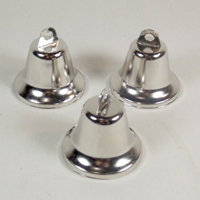 |
 |
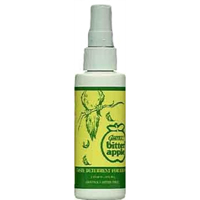 |
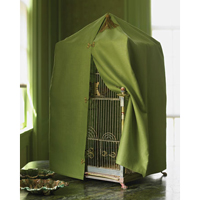 |
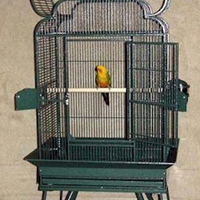 |
 |
|
| Stay away from metal bells with lead clappers. | Links should be stainless and not zinc. | Bitter Apple Spray: Supposed to stop birds from chewing feathers, but mine pulled out every feather with the spray on it. | Check the cage cover to ensure there are no loose threads your bird could get caught up in. | The bird should always be locked in the cage at night or when nobody is there, as this is the safest place. | Never nap with your bird or sleep in the same room with a bird out of the cage. One of my birds died this way. | |
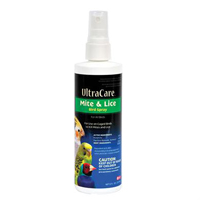 |
Mite and Lice Sprays made for birds can kill your bird instantly. See a vet for Oral Medication and put Vaseline on feet (not beak). Mite sprays are pesticides that are very dangerous to birds. Also stay away from any oral medications not administered by a Vet. An overdose (ie more than one drop) can kill your bird. | |||||
| Links about Toy Safety: | ||||||
| Toy Safety (Birdsafe.com) | Bird Toy Safety (Beauty of Birds) | |||||
| Killer Toys (Pine4Parrots) | Toy Materials, Toy Safety Tips (birdsnways.com) | |||||
| Safe Parrot Toy Material for your Bird (funtimebirdy.com) | ||||||
Food and Drinks to Keep Away from Your Birds | ||||||
 |
 |
 |
 |
 |
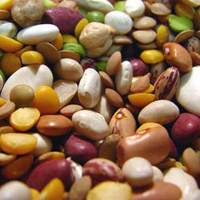 | |
| Caffeine including Coffee, Coffee beans and grounds, Tea and Pop can cause cardiac distress, hyperactivity and possible cardiac arrest. | Alcohol: Can depress a bird's organ system and cause death. | Chocolate and Cocoa: Induces vomiting and diarrhea, affects the central nervous system, and eventually causes death. | Dried Beans: Uncooked beans can be a choking hazard but they also contain a toxin called hemaglutin. | |||
 |
 |
 |
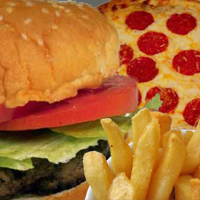 |
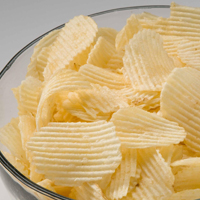 |
 | |
| Foods Containing Salt: Too much sodium can eventually result in death due to dehydration and liver malfunction. | Stay away from foods with sugar, artificial sweeteners, grease, preservatives, artificial coloring and other additives. If it's not healthy for you, it is dangerous for your bird. | Mushrooms: Can cause digestive upset and even liver failure as mushrooms are a type of fungus. | ||||
 |
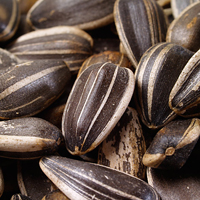 |
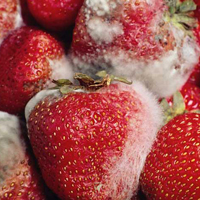 |
 |
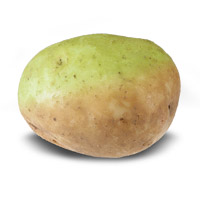 |
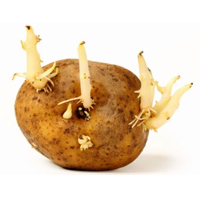 |
|
| Peanuts and Sunflower Seeds are heavy in fat amd ,au cause your parrot to become overweight. It can also cause liver damage to birds eating a large amount, and heart attacks when put under too much stress. Do NOT feed to Amazons or Lories. | Mold on fresh food or grains is dangerous to your pet bird. Feed your companion the same quality of food that is suitable for human babies. Corn in photo has blue-eye mold that grows on grains stored in damp areas, | Green Potatoes and Potatoes with Eyes or Sprouts contain "Solanine", a poison which is very toxic even in small amounts even for humans. | ||||
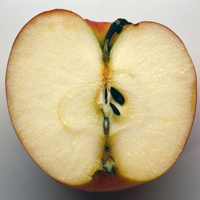 |
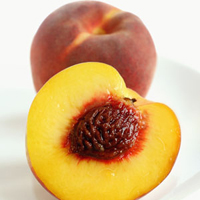 |
 |
 |
 |
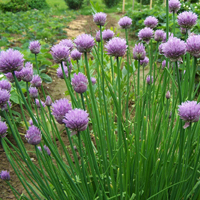 |
|
| Fruit Seeds: The seeds from apples, cherries, peaches, plums, prunes, apricots and pears can contain trace amounts of cyanide. Remove seeds and pits before offering to birds. | Avacado: The skin and pit of avacado can cause cardiac distress and heart failure. For this reason, it's recommended not to feed any part of the avacado or guacamole to birds. | Onions, garlic and chives in small amounts are okay, but excessive consumption can cause vomiting, diarrhea and other digestive problems. | ||||
 |
 |
|||||
| Tomato: The stems, vines and leaves are highly toxic to birds. Any time you give them a tomato, make sure it has been washed and sliced, with all green parts removed. | Parsley: Highly toxic to pet birds and can cause serious health problems leading to death. | |||||
| Dangerous Foods and Safe Food Links: | ||||||
| Potentially dangerous human foods! | Foods Birds Should Avoid | |||||
| Don't Feed Your Pet Bird These Foods | Top 10 Common Foods that Can Poison Your Bird | |||||
| Human Foods: Are Some Dangerous for Parrots? | The Best Small Bird And Parakeet Food | |||||
| Safe Foods, Vegetables, Fruits, Herbs and Treats for Cockatiels | Foods That Are Deadly To A Grey | |||||
| Inappropriate Nutrition in Parrots | Feeding Your Parrot | |||||
| Refined Sugar: Is It In Your Birdís Diet? | Bird Nutrition: Feeding Pet Birds, Parrot Diets, and Nutrition Recommendations | |||||
| Feeding Your Parrot | Feeding Your Parrot | |||||
Plants that are Harmful to Birds | ||||||
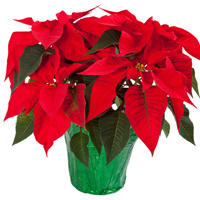 |
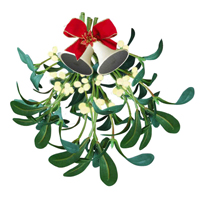 |
 |
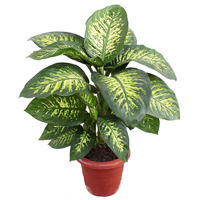 |
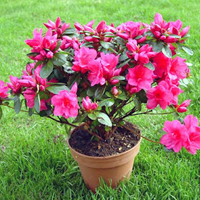 |
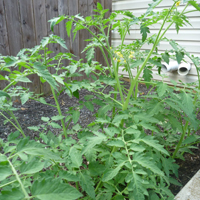 |
|
| Poinsettia | Mistletoe. | Daffodils | Dieffenbachia | Azalea | Tomato Plant (fruit okay-see above under food) | |
 |
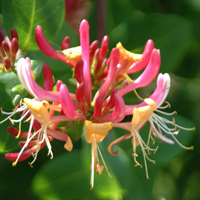 |
 |
 |
 |
 | |
| Parsley (see also food) | Honeysuckle | Holly | Ivy | Jasmine | Lily | |
| More Information on Harmful Plants: | ||||||
| TOXIC & NON-TOXIC PLANTS, TREES, SUBSTANCES | Safe Plants for Parrots | |||||
| Bird Safety: Poisonous and Safe Plants for Birds | Plants For Your Bird Aviary | |||||
| A list of toxic and nontoxic plants for your bird | Hazardous Plants | |||||
| Safe Plants and Toxic Plants for Pet Birds List | Plants and Parrots - A Personal Perspective | |||||
| Plants That Can be Toxic For Birds | Common Plants That are Toxic to Birds | |||||
| Other Lists of Bird Dangers: | ||||||
| Top Ten Bird & Parrot Dangers | Common Household Hazards | |||||
| Top Hazards to your Pet Bird's Health | Alerts &Toxins | |||||
| 9 Things Never To Do Around Your Pet Bird | Top 10 Household Dangers to Pet Birds | |||||
| Parrots Die From... | Household Hazards | |||||
| 50+ Common Budgie Dangers to Watch Out For | How to Kill Your Birds Without Trying | |||||
| Hazardous Products & Materials to Avoid Around Your Bird/s | Non-toxic for birds list and things that are toxic for birds | |||||
| Hazards to Pet Parrots | Parrot Precautions | |||||
| Alerts and Toxins | ||||||
| Note: This website contains links to third party websites and other content on the Internet for informational purposes only. We cannot control these third party links or the content found within them and are not responsible for the content of these sites. The inclusion of any links to such third party websites does not constitute or imply any recommendation, approval, or endorsement of these websites. | ||||||
| Copyright 2013 Lost and Found Birds London | Site by: Soul Reflections | |||||